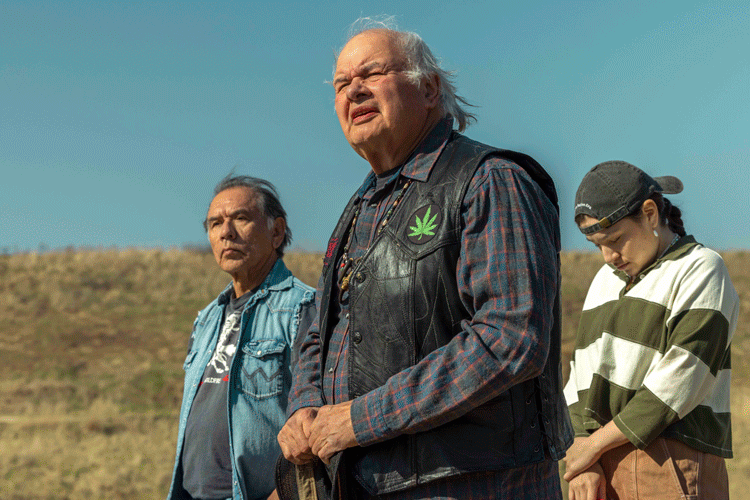Commentary : ‘TALES” II: A MONEY THING OR A COURAGE THING?
- Share via
It was the “Roots” of gay-positive TV programming, a groundbreaking miniseries that scored big ratings for PBS, and yet there will likely be no sequel. Is it any wonder that Armistead Maupin was bent out of shape when he called the other week?
The author, an icon in gay pop literature, is angry and disappointed in PBS for scotching the idea of a sequel to “Tales of the City,” based on Maupin’s classic series of books. Despite high ratings and heaps of critical praise for the show, PBS has decided not to put up a 25% share of an $8 million budget needed for “More Tales of the City.”
Like the original, which aired in three installments earlier this year, it would have been made and financed in large part by British television.
PBS says it’s purely a money thing. “When programming took stock of the whole picture, $2 million seemed too much to put into something we’d already done,” says PBS spokesman Harry Forbes. Public broadcasting, he adds, has been forced to defend itself for canceling “a sequel that was never promised ... it’s really unfair to put PBS in the role of the villain.”
Certainly, public television has gone where no network has gone before, airing many gay-themed works before “Tales,” including the late Marlon Riggs’ controversial “Tongues Untied,” a TV version of David Leavitt’s “The Lost Language of Cranes” and the AIDS drama “Longtime Companion.” Forbes says they’ve taken heat for it--and continued to show such works. A variety of gay-themed shows are scheduled for June to mark gay pride month and the 25th anniversary of the Stonewall rioting in Greenwich Village.
Still, it’s easy to understand why Maupin--and many fans of the miniseries and the books, both gay and straight--are miffed. “Tales of the City” was landmark programming that gave exposure to people we don’t often see on TV or in Hollywood films: funny, smart, quirky gay people living side by side with equally funny, smart, quirky straight people. Both audiences made “Tales” the highest-rated dramatic series PBS has aired since it started charting Nielsen ratings for its programs in 1989, according to Forbes.
“It would be a terrible mistake to think that only a small urban clique of homosexuals enjoyed “Tales of the City,” Maupin says. I will personally vouch for at least one 75-year-old suburban mother who loved every minute of it and made sure her husband and her best girlfriend watched it. And they adored it, too.
“My feeling is that the discussions about financial shortages are just smokescreens,” Maupin says. “If they’d achieved the same success with any other series, they’d be all for it.” He believes it is the subject matter--the “non-negative portrayal of homosexuals” living happily in San Francisco--that has scared PBS off.
The miniseries drew the ire of conservatives and the religious right. The Rev. Donald Wildmon, for one, led a campaign against it, although he has now turned his protests toward the decidedly hetero series “NYPD Blue.” Quality broadcasting, it seems, is what Wildmon is truly against.
“It’s that damn kiss one more time,” Maupin says. He’s referring to a passionate same-sex kiss in the second part of “Tales.”
But the sequel had the potential to be a hotter potato.
“It deals with Anita Bryant’s crusade in the ‘70s. So this particular series would not only have contained friendly intimate scenes between same-sex couples, but would have addressed the very notion of homophobia,” Maupin says.
Maupin originally wrote this material as a serialized column in the San Francisco Chronicle. Editors at the paper then were as squeamish about the topic as broadcasters seem to be today.
“I’ve fought for this material for 20 years,” he says. The fear is that this work is “dangerous, subversive and possibly immoral material,” he says. “But ‘Tales of the City’ is intended as a highly moral work which has as its theme, compassion and forgiveness.”
As PBS spokesman Forbes says, “ ‘Tales of the City” in its own way defends family values.” To conservatives, that is what’s so subversive about “Tales of the City.”
More to Read
The complete guide to home viewing
Get Screen Gab for everything about the TV shows and streaming movies everyone’s talking about.
You may occasionally receive promotional content from the Los Angeles Times.






